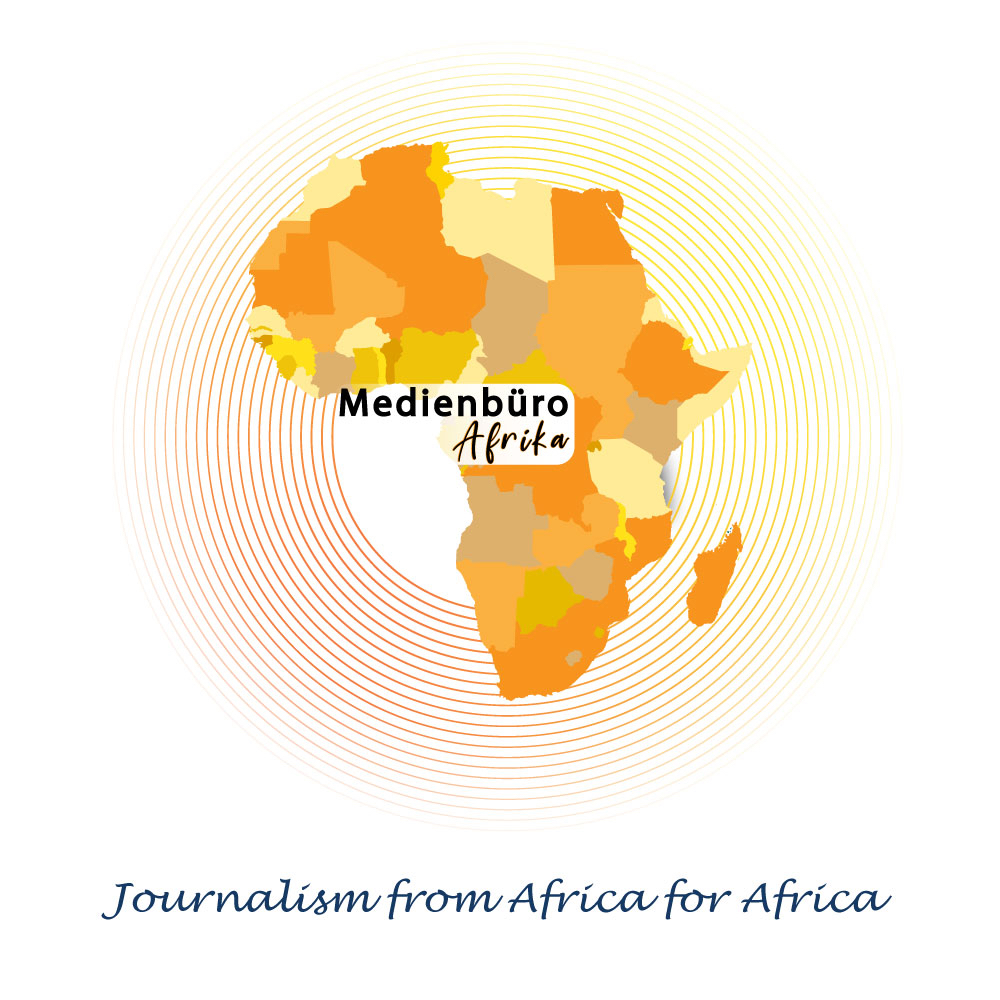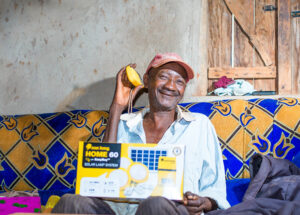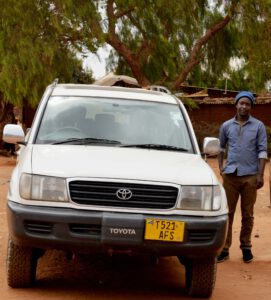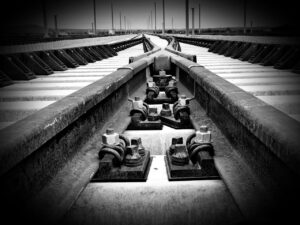Morocco wants to export renewable energies to the Sub-Sahara
The Moroccan project developer MASEN has now been around for 10 years and continues to implement the vision of King Mohammed VI by building an energy supply based on renewable sources in Morocco. About 10 years after it was founded, MASEN has a 40 percent share of the industry. By 2030 it will be 52 percent—an impressive number, especially when compared with Germany’s goal of 65 percent renewable energies by the same year. In the meantime, there is already an output of 3,700 MW including 700 MW solar energy, 1200 MW wind energy, and 1770 MW hydropower. According to the company, 2.6 billion dollars have been invested in renewable energies.
One of the most demanding projects is the Noor Midlet 1 hybrid power plant. The power plant is planned as a hybrid power plant with a storage capacity of around five hours. Photovoltaic modules are used in addition to CSP technology. The price for the energy will be around € 0.06 per kWh. The construction costs for the power plant will be an estimated € 700 million.
Morocco occupies a leading position on the African continent when it comes to renewable energies. The North Africans now want to expand beyond the continent in order to deliver electricity to Europe with a potential connection also to Great Britain. There is already a power line between Spain and Morocco. One of the concerns is in promoting renewable energies from our own resources. In doing so, international specialist knowledge should be used.
With its ambitious projects, Morocco participates in the global shift towards renewable energies. The goal of the North Africans is to become the market leader for renewable energies on the African continent. One aspect can be the supply of electricity to Europe, whereas a second direction could be looking south to the sub-Saharan countries where projects could particularly help with development. There are already partnership agreements with more than 10 other African countries. So far, projects totalling 450 MW have been approved. A country with especially great prospects is Ethiopia, which is working on 100 percent access to the supply of electrical energy.
Autor: Dr. Thomas Isenburg Kontakt: presse@thomas-isenburg.de




